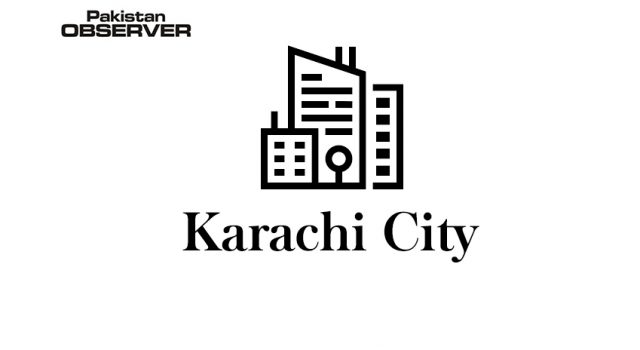Highlighting their concerns over development of water schemes for Thar coal project, leaders of Pakistan Fisherfolk Forum have demanded Sindh Environmental Protection Agency to reject bogus EIA and take action against the irrigation officials who started work before approval of the authority. Muhammad Ali Shah, chairman Pakistan Fisherfolk Forum, Ramzan Mallah, president PFF district Umerkot and AB Mallah, general secretary, Umerkot addressing a press conference in Umerkot on Wednesday said several countries in the world were reverting back from coal-based energy. Contrary to that, our government is giving priority to coal power projects and developing it. They said Nabisar reservoir/dam is being constructed with a cost of Rs20 billion with collaboration of an international company for taking water to Thar coal site, which would prove environmentally hazardous. Coal mining and coal power plants use a huge amount of water that contains dangerous effluents and particles which pollutes the clean water, they said. Thar has very limited water resources, which are endangered due to coal mining and coal power generation. In short words, there would be a case of acute water shortage in Thar due to coal power generation. They informed that in the next 30 years, 4,000 billion gallons of water will be used on coal mining in Thar while 8,500-billion-gallon water will be used to produce 10-gigawatt energy. It will disrupt the whole water cycle of Thar. People of Thar depend over underground water, whose main source is rain. Use of water in coal mining and coal power plants will damage the natural beauty of Thar while people of Thar will lose their historical right on land. They said their team has visited the site of Nabisar dam and was surprised that Rs10 billion were already lost on the project, which was designed for LBOD water. Later on, they realised that LBOD contained saline water which could not be used for Thar coal site. Now, Farsh Makhi canal’s 200 cusecs of water, being used for agriculture, would be used for Thar coal, which would not only deprive local people of their right but also to the environment, they said. This water would be taken over to Wejhiar, another reservoir, through a 60-kilometre pipeline. Then, it will be supplied to the Thar coal site. Irrigation experts say that annually around 40 million cubic metre water will be taken, which would affect the people and environment but the Environmental Impact Assessment (EIA) report has not discussed it. Nabisar dam will use 265 acres of land while Wejhiar dam will use 205 acres land, which is a grassland. There is already a dam in Wejhiar and if another dam is constructed it would affect people with livestock. Besides, 70 feet wide and 62-kilometre-long pipeline from Nabisar to Wejhiar will use 325 acres of land, whose proper compensation has not been settled, they said. According to an estimate a total of 795 acres of land will be used and more than 300,000 trees will be cut in this project while EIA report mentions that no tree will be cut. Out of nine dying trees in the list of the International Union for Conservation of Nature, five are found in Thar. These are very slow growing trees and their re-growth can take years. Nabisar Union Council’s Chairman Ahmed Saeed Memon informed the PFF team that they were neither informed during the construction of the dam nor their consent was sought. No EIA was done on the project. However, thousands of acres of land of small growers will be affected. The locals informed the team that due to transport of heavy machines and dumpers, Naukot to Nabisar road has been damaged badly. Nabisar dam has been constructed in the centre bed of the old Hakro river, which will affect the rights of growers, fishermen while there would occur a shortage of drinking water as well. Muhammad Ali Shah said that no action was taken to provide fresh water to people of Thar but now water is being provided to Thar coal by wasting billions of rupees that will negatively affect natural beauty and environment of Thar. It is the responsibility of Sindh Environmental Protection Agency not to support capitalists and provide safety to the rights of the local people. It should reject the bogus EIA and conduct a new report, as there would be a water crisis if water is taken from Nabisar to the coal site. Thus, we reject this water project which would harm the rights of the local people, they said.










